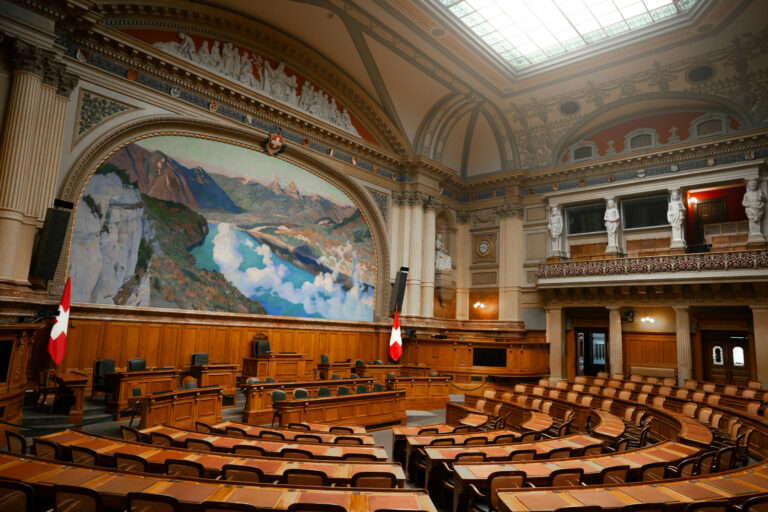When and Why New Public Policy Takes Place
Shaping the world around us
Public policy shapes the world around us, from education to healthcare to environmental protections and economic regulations. But what drives the creation of these policies? Here is an overview of the drivers for change:
- Problem-Solving in Action: Public policy often emerges as a response to pressing issues facing society. Imagine a surge in traffic accidents. Policymakers might create stricter driving regulations or invest in safer infrastructure. New policies aim to tackle problems like pollution, poverty, or crime, aiming to improve the well-being of citizens.
- A Shift in Priorities: Societies evolve, and public policy reflects these changes. For instance, growing concerns about climate change might lead to policies promoting renewable energy or energy efficiency. As public priorities shift, so too does the policy landscape.
- Public Demand and Pressure: Citizens play a crucial role in shaping public policy. Public outcry over an issue can spur policymakers to take action. Protests, petitions, and lobbying efforts by advocacy groups can all be catalysts for new policies. (You can discover more on this topic during our Strategic Policy Advocacy training.)
- Addressing Knowledge Gaps: Sometimes, new research or data sheds light on an existing issue. For instance, scientific evidence on the dangers of smoking might lead to stricter tobacco regulations. Public policy adapts to incorporate new knowledge and understanding of societal challenges.
To gain a comprehensive understanding of the drivers that influence and shape policy, governments and public administrations must undertake robust stakeholder engagement and management to understand why the policy is needed or being demand.
Beyond reactionary policy-making
The above key drivers influencing policy are reactionary and not proactive. However, public policy is not just reactive. Sometimes it’s proactive, for instance:
- Anticipating Future Needs: Policymakers might create policies to prepare for future challenges, such as investing in infrastructure projects or developing educational programs to meet the demands of a changing job market. It can also take shape when policymakers want to anticipate trends, and emerging risks and issues. This proactive approach can aid policymakers in being prepared for change and provides a futures-thinking approach. You can learn more about this during our: Policy Skills: Strategic Foresight and Planning
- Seizing Opportunities: New technologies or economic trends can create opportunities. Policies can be crafted to leverage these opportunities for public good, like fostering innovation or encouraging sustainable practices.
The creation of public policy is a complex dance between responding to current issues, anticipating future needs, and incorporating the voices and demands of the public. By understanding the “why” and “when” of public policy creation, we can become more engaged public servants and citizens and contribute to shaping a better future.
Enquire now to learn more about how strategic thinking, decision-making and foresight can strengthen your policymaking skills by reviewing our policy courses list here:
- Policy Briefings and Submissions Masterclass (2 days)
- Strategic Policy-Making Masterclass (3 days)
- Policy Skills: Strategic Foresight and Planning (3 days)
- Policy: Measuring the Impact of Policy (3 days)
By upholding these principles, governments can create a system that works for everyone. Good governance is an underlying principle to all the training courses and consultancy services provided by the International Centre for Governance and Policy. Our courses address how to strengthen management systems, implement strategic decision-making and planning, and foster greater transparency and accountability. Applying these principles across public sector activity and services results in greater outcomes for citizens, businesses and wider society.
See if you can spot how governance is embedded to our series of training courses here. For a more bespoke training offering for your team or organisation, you can visit this page or contact us here.
Interested in learning more? Check out resources from organisations like the OECD (Organisation for Economic Co-operation and Development) for their insights on Public Sector Governance and Institutions https://www.oecd.org/governance/.







